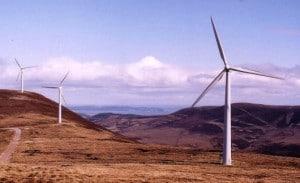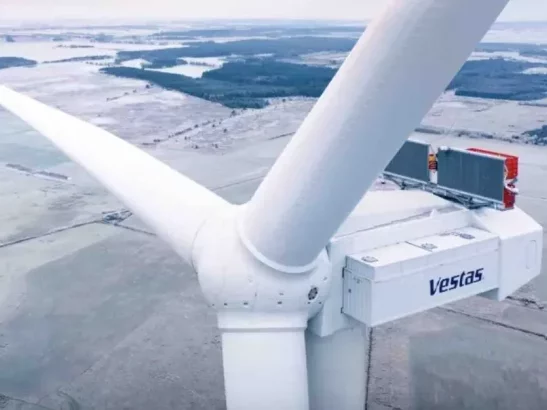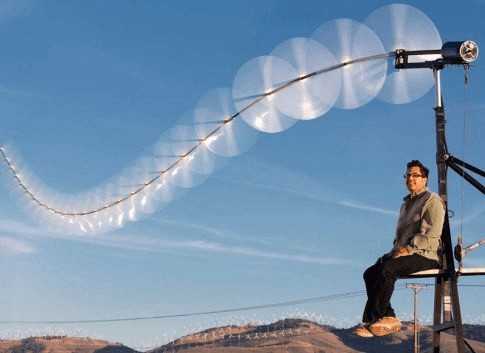I must confess to sometimes getting very exasperated with the grumbles and complaints voiced by some consumers, politicians, economists and of course the fossil fuel lobby, when they point to the fact that windpower is more expensive than traditional carbon-generating fuels. It’s like saying that advertising and programmes to ween people of cigarettes are expensive and money should be diverted to curing rather than prevention. But prevention, in the long run, is way more cost-effective than treatment. The money saved by people not being so unhealthy and clogging up hospital services will outweigh the cost of prevention methods. The same goes for windpower. Perhaps FIT’s, subsidies and incentives do have to be paid for in higher fuel bills, at least to begin with, but don’t look at the short term. We are paying pennies now to save pounds later on. Let’s take another analogy- Everyone knows that the price you pay for a vehicle isn’t the only cost. Owning your own car is not just the purchase price, but the insurance, interest on a loan, fuel, maintenance and repairs.
Lifecycle costs, that is, all of the costs that come from the use of any particular object can be calculated as well for electricity generation on the nation’s power grids.
According to a study some time ago by by Forum Ökologisch-Soziale [FÖS], in Berlin, wind power generation could have the least lifecycle costs of any other power source. After taking into consideration the cost of infrastructure, engineering teams and wind turbines, that goes into a typical wind farm, the only other cost is maintenance to the structures. Compare that with other power generating plants such as coal and nuclear; they have much greater costs, once you take into account the pollution they generate.
At it’s extreme, burning fossil fuels adds to the cost of food bills, temperature regulation and many other things even in the domestic setting. This is setting aside the larger threat to the planet as a whole caused by pollution and global warming. Nuclear power plants bring their own problems such as nuclear accidents, radioactive fallout and even when everything runs well, there is still the radioactive waste material that needs to be stored for generations. That is costly and can still represent a danger from earthquakes shattering the storage silos. Chernobyl and Fukushima indicate this isn’t a theoretical threat.
An extensive 2006 study was carried out six years ago by Nicholas Stern, the former chief economist of the World Bank, also estimated high costs from the consequences of using fossil fuels. By the end of the century, it said the bill would total over $6.4 trillion. That estimate was probably too conservative.
Embracing wind power isn’t just good healthy sense for the good of the planet, it also makes good economic sense in the long-term- and don’t be fooled into thinking otherwise!




